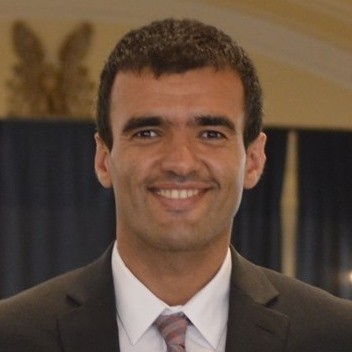Trustworthy operation of next-generation complex power grid critical infrastructures requires mathematical and practical verification solutions to guarantee the correct infrastructural functionalities. This project develops the foundations of theoretical modeling, synthesis and real-world deployment of a formal and scalable controller code verifier for programmable logic controllers (PLCs) in cyber-physical settings. PLCs are widely used for control automation in industrial control systems. A PLC is typically connected to an engineering workstation where engineers develop the control logic to process the input values from sensors and issue control commands to actuators. The project focuses on protecting infrastructures against malicious control injection attacks on PLCs, such as Stuxnet, that inject malicious code on the device to drive the underlying physical platform to an unsafe state. The broader impact of this proposal is highly significant. It offers potential for real-time security for critical infrastructure systems covering sectors such as energy and manufacturing.
The project's intellectual merit is in providing a mathematical and practical verification framework for cyber-physical systems through integration of offline formal methods, online monitoring solutions, and power systems analysis. Offline formal methods do not scale for large-scale platforms due to their exhaustive safety analysis of all possible system states, while online monitoring often reports findings too late for preventative action. This project takes a hybrid approach that dynamically predicts the possible next security incidents and reports to operators before an unsafe state is encountered, allowing time for response. The broader impact of this project is in providing practical mathematical analysis capabilities for general cyber-physical safety-critical infrastructure with potential direct impact on our national security. The research outcomes are integrated into education modules for graduate, undergraduate, and K-12 classrooms.
Off
Rutgers University New Brunswick
Saman Zonouz
-
National Science Foundation
Saman Aliari Zonouz
 Submitted by Saman Zonouz on August 27th, 2015
Submitted by Saman Zonouz on August 27th, 2015